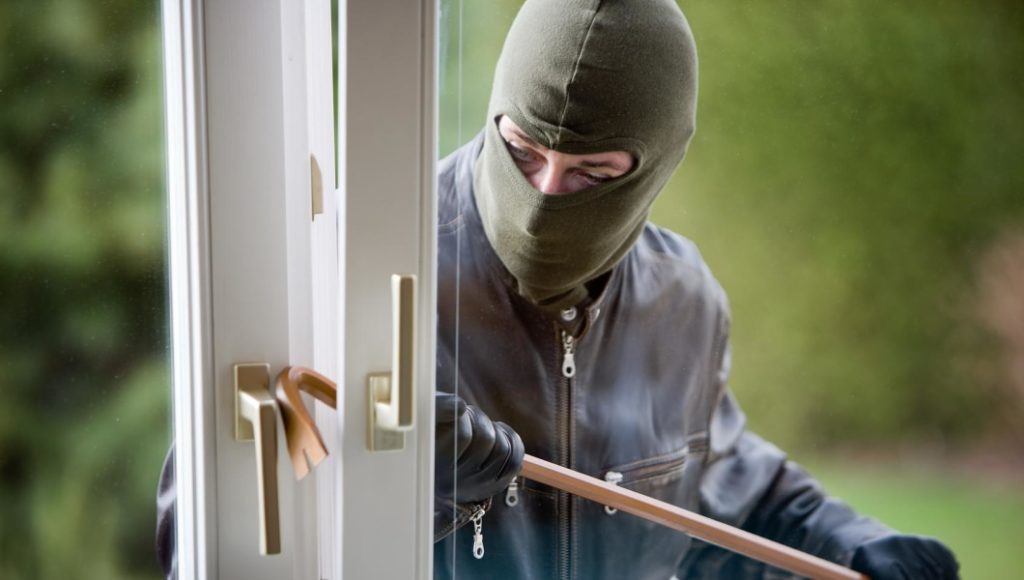Statistics show that there has been a decline in in-home thefts since June 2015. However, home invasions occur when you least expect. There are still criminals who are interested in breaking into your home. You need to make it tough on them. The first step to prevent home crime is to eliminate opportunity. Most people only worry about night security. However, criminals also attack during the day when most people are not home; children are in school or running errands. Make sure that your home is secure during the day, at night, and every time you leave the house. Here are four helpful bits of advice about protecting your home.

1. Scout for weaknesses. Walk around the exterior of your home with the eyes of a burglar. If you can quickly notice that a window could be pried open, a thief will be able to come to the same conclusion. You can step further and ask the local police department to assess your home and help you identify your home’s weak spots. As you scout your home, take note of any expensive electronics and other items that are visible through the windows. Make some adjustments to keep these items out of sight. You do not want to tempt thieves with your expensive belongings.
2. Trim shrubs. You do not want to make it easy for burglars to hide when attempting to break into your house. Eliminate this option by trimming any hiding spots. A thief only needs a few minutes of cover to make his entry. With no place to hide, it is likely he will not even try. Some people plant thorny shrubs by their window to make it not only difficult to break in but painful. Also, as you trim your bushes, you need to erect a fence if you do not have one. A wall keeps unwanted visitors off your property. Most people prefer open chain-link or ornamental metal fencing.
3. Use the Garage. Keep expensive items like cars, bikes, and grills in the garage. Although it is a hassle to roll out the grill after every barbecue, leaving it outside makes it an easy target for criminals. If your area only offers street parking, always lock your car and pack it in a well-lit area. Use curtains on garage and basement windows. These areas do not need sunlight, so put curtains and blinds so that your valuables are not on display.
4. Know your neighbor. Crime rates are lower in tight-knit communities because neighbors are likely to look out for each other and can easily spot a stranger. Your neighbors are your best assets when it comes to security since they offer extra eyes and an outside perspective. If they have a different schedule of work, they might be around during the day when you are away and can alert you in case of anything suspicious.
Some people buy riffles to beef up their security. If you are thinking of going down this road, visit https://www.epicwilderness.com/custom-built-vs-fully-assembled-ar-15/ and learn about building and buying an AR-15 rifle.


